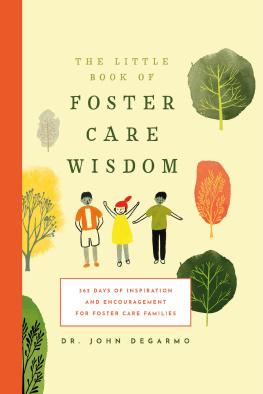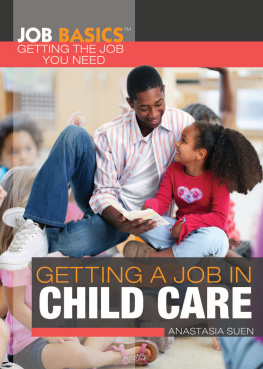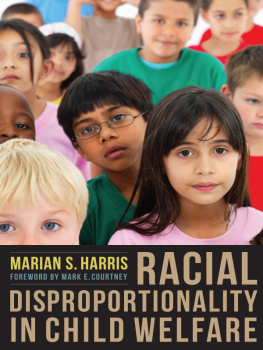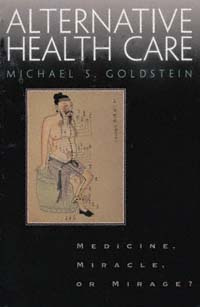Child Guidance Centres in Japan
This book represents a Copernican change to our understanding of alternative care in Japan and answers the question of Japans continued use of institutional care over foster care.
Tsuzaki Tetsuo
In contemporary Japan, 85 per cent of children in alternative care remain housed in large welfare institutions, as opposed to family-based foster care. This publication examines how Japan has been isolated from the global discourse on alternative care, urging a shift in social work and alternative care policies.
As the first ethnographic account from inside child guidance centres, it makes a key contribution towards understanding the closed world of Japans social services, including the decision-making processes by which a child is removed from the family and placed into care. In addition, regional variation in policy implementation for alternative care is outlined, with reference to detailed case studies and a discussion around organisational cultures of the child guidance centres. Where foster care is constructed as anything other than professional, it is often seen as a threat to the childs family-bond with their natal parent and therefore not used. Child Guidance Centres in Japan destabilises this construction of the family-bond as singular and discrete, highlighting new practices in alternative care.
Child Guidance Centres in Japan: Alternative Care, Social Work, and the Family will be a vital resource for students, scholars of social work and Japanese studies, as well as practitioners and lobbyists involved in alternative care.
Michael Rivera King completed his doctorate in Social Policy at the University of Oxford. His research interests centre on Japans alternative care system and the children and care-leavers whose lives are touched by this. Michael is the CEO of Ashinaga Association in the UK, a registered charity (number 1183750) promoting international access to higher education in the UK.
The Nissan Institute/Routledge Japanese Studies Series
Series Editors:
Roger Goodman, Nissan Professor of Modern Japanese Studies, University of Oxford, Fellow, St Antonys College
J.A.A. Stockwin, formerly Nissan Professor of Modern Japanese Studies and former Director of the Nissan Institute of Japanese Studies, University of Oxford, Emeritus Fellow, St Antonys College
The Dilemma of Faith in Modern Japanese Literature
Metaphors of Christianity
Massimiliano Tomasi
Understanding Japanese Society
Fifth edition
Joy Hendry
Japan and the New Silk Road
Diplomacy, Development and Connectivity
Nikolay Murashkin
The Liberal Democratic Party of Japan
The Realities of Power
Nakakita Kji
Japans New Ruralities
Coping with Decline in the Periphery
Edited by Wolfram Manzenreiter, Ralph Ltzeler and Sebastian Polak-Rottmann
New Directions in Japans Security
Non-U.S. Centric Evolution
Edited by Paul Midford and Wilhelm Vosse
Child Guidance Centres in Japan
Alternative Care, Social Work, and the Family
Michael Rivera King
For more information about this series, please visit: www.routledge.com/Nissan-Institute-Routledge-Japanese-Studies/book-series/SE0022
Child Guidance Centres in Japan
Alternative Care, Social Work, and the Family
Michael Rivera King
First published 2021
by Routledge
2 Park Square, Milton Park, Abingdon, Oxon OX14 4RN
and by Routledge
52 Vanderbilt Avenue, New York, NY 10017
Routledge is an imprint of the Taylor & Francis Group, an informa business
2021 Michael Rivera King
The right of Michael Rivera King to be identified as author of this work has been asserted by him in accordance with sections 77 and 78 of the Copyright, Designs and Patents Act 1988.
All rights reserved. No part of this book may be reprinted or reproduced or utilised in any form or by any electronic, mechanical, or other means, now known or hereafter invented, including photocopying and recording, or in any information storage or retrieval system, without permission in writing from the publishers.
Trademark notice: Product or corporate names may be trademarks or registered trademarks, and are used only for identification and explanation without intent to infringe.
British Library Cataloguing-in-Publication Data
A catalogue record for this book is available from the British Library
Library of Congress Cataloging-in-Publication Data
A catalog record has been requested for this book
ISBN: 978-1-138-36594-0 (hbk)
ISBN: 978-0-429-43054-1 (ebk)
Typeset in Times New Roman
by codeMantra
To Nina and my mum and dad
The Nissan Institute/Routledge Japanese Studies Series is now well past its 100th volume. It has published across a wide variety of areas relating to Japan, including political science, social anthropology, international relations, modern history, education, business, economics, religion, and the arts. The broad aim of the series is to inform readers of the many aspects of Japan and Japanese people, using objective, and where necessary, critical methodologies. We believe that the rest of the world can learn much from the experience of what is now the third largest economy in the world and is heir to sophisticated national traditions. The latest volume by Michael Rivera King rises to all the aspirations of the series admirably.
One of the things which we think we know about Japanese social policy is its focus on equality and equity. In the education system, for example, it is possible for students to transfer from any one part of Japan to any other with hardly any disruption to their educational experience. Not only will the curriculum and the teaching methodology be almost exactly the same, but even the school buildings, school events, even the school dinners will be virtually identical. This emphasis on uniformity and homogeneity is part of a conscious state policy to construct an ideology of meritocracy: success in life is dependent on an individuals effort not their background. It is something of a surprise therefore, as Michael Rivera King points out, to discover that there is considerable regional variation in the implementation of policy for children whose parents are unable to look after them. In some parts of Japan, for example, up to a third of such children are placed in foster placements; in other parts of Japan, almost all children are placed in large institutions. In order to explore this conundrum, Rivera King provides us with the first-ever detailed ethnography of the inner workings of Japans child guidance centres (jidsdanjo). Japan does not have professional social workers but instead relies on local government bureaucrats working in these centres to make the placement decisions for children who come into care.
Rivera Kings fascinating study shows how the bureaucrats in the child guidance centres operate on the ground. These mid-level bureaucrats are crucial in making decisions about both removing children from their families and the types of placements to then use. One thing they all have in common is a shared value around the importance of the family-bond. The decision on removing the child is made by evaluating the risk that doing so poses to the childs family-bond against the risk that not doing so poses to the childs physical or mental health. Where foster care, for example, is constructed as a replacement family, with care based upon the family-bond, it is often deemed as unsuitable for children for whom the ultimate goal of care is family reunification. In such cases, Child Welfare Institutions may be preferred mainly because they do not create attachments which threaten the family-bond. Understanding this key point gives us insight into two questions which have long puzzled western observers of Japans child protection system: the low rate of children entering care and the low foster care rate in Japan. Caseworkers seem to assume that there can only be one family-bond at a time, that it is formed up to a certain age and that removing the child from the family risks cutting this bond. This explains why in Japan children are still quite often returned to parents who are known to be serious abusers.







